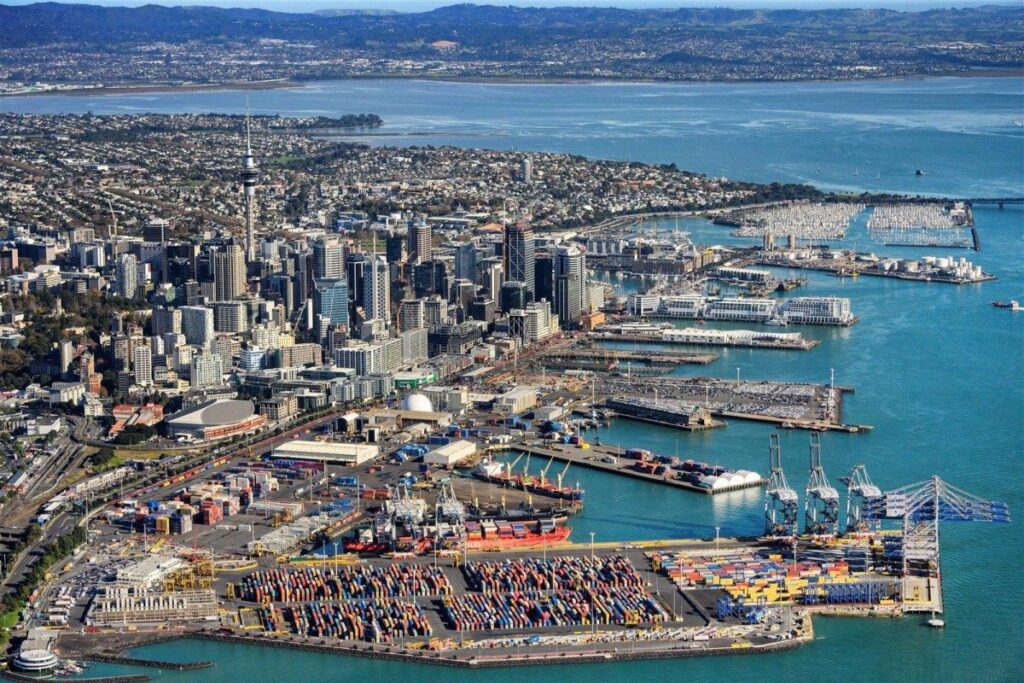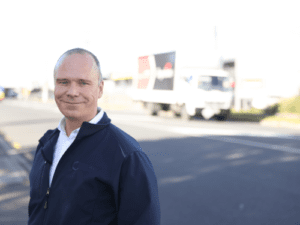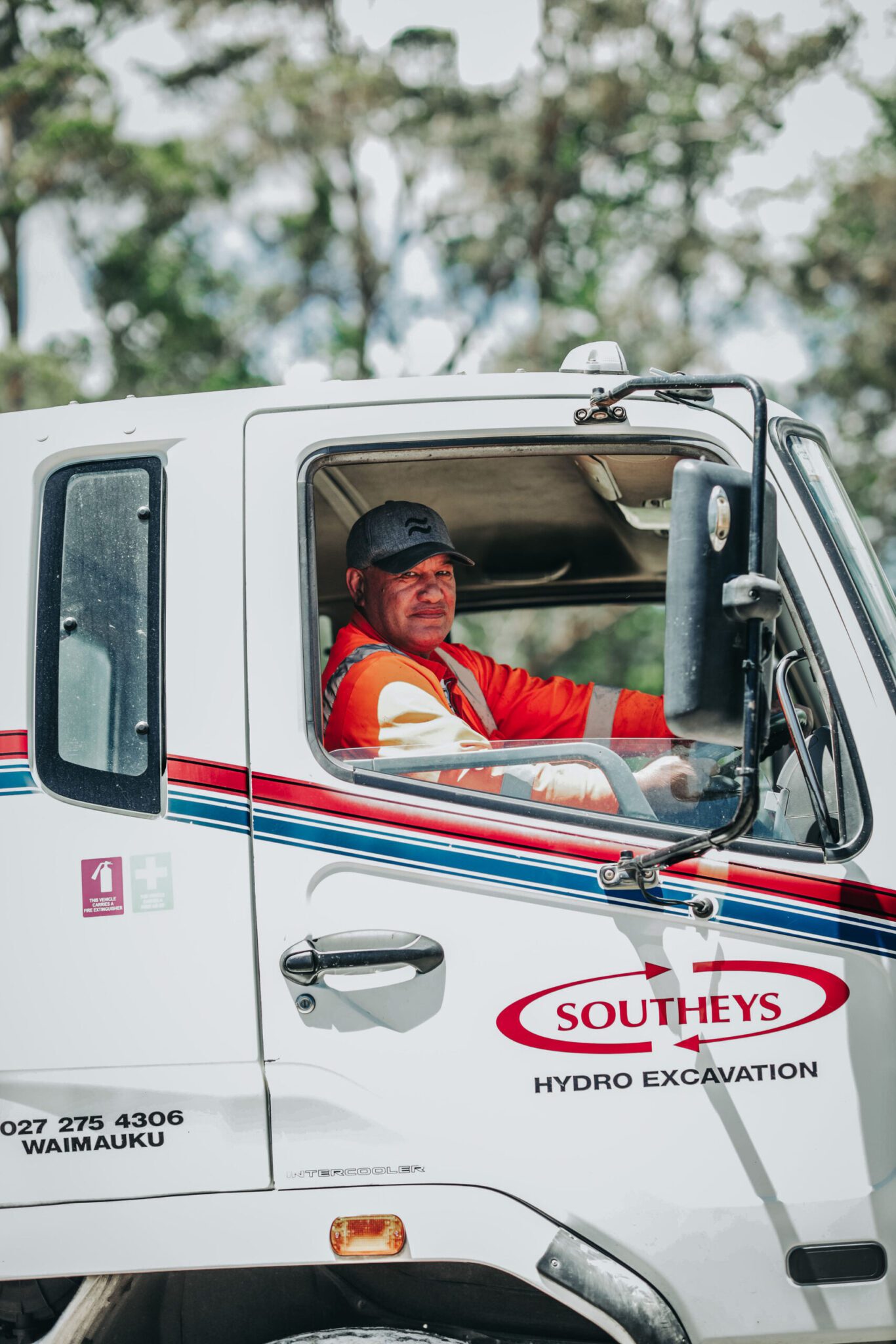The Port of Auckland (POAL) price increase announcement is the latest in a series of hikes besieging the road transport industry which continues to experience significant increases across a range of cost inputs. Escalating costs are threatening the viability of many carriers, and with no cost decreases to mitigate, the reality is domestic freight charges are on the increase.
For a typical New Zealand carrier, costs have increased by around 23% in the last twelve months alone. And while the cost of international freight is trending back towards pre-covid rates with capacity and stability returning to the oceans and skies between New Zealand and the rest of the world, costs at our largest port are unfortunately on the increase.
New Zealand importers and exporters will be faced with rising domestic transport costs with POAL signalling a 59% increase to the Vehicle Booking System (VBS) prices from 1 January 2024.
This comes on the back of large increases which have seen POAL move from a flat vehicle booking rate of $8 to new Peak and Off-peak rates that are now up to 10 times higher than operators were paying two years ago.
“While VBS charges are eventually paid for by cargo importers and exporters, the challenge for transport operators is they are forced carry the costs in the interim, while contracts are renegotiated, often out of cycle, in an effort to be reimbursed appropriately,” says Justin Tighe-Umbers, CEO, National Road Carriers (NRC). “It’s clear POAL is under pressure to improve profitability, and that the Mayor and the Council are asking for a better commercial return for Auckland rate payers.
“This is why we’re pleased that POAL has taken on board NRC’s advice to give transport operators plenty of warning with four months’ notice. My advice for transport operators is use the time wisely: alerting your customers now is how you can help to avoid any price shocks,” says Tighe-Umbers.
Tighe-Umbers adds, “We met with POAL seeking more detail on the relationship between the underlying operational costs with facilitating container road transport and how this relates to the VBS charge. With the charges going up we were clear that our members expect service enhancements in return for this increased investment. POAL has confirmed they will be investing in better parking and driver facilities, alongside improved service level reporting and issues management.” NRC have also asked the port to investigate aligning nationwide pricing changes with all 13 ports and the main container depots.
“But there must be a quid-pro-quo here – transport operators need to see improved services and should not just be considered an easy revenue tap to turn on. These increased charges turn up as more expensive goods for consumers, so there’s a fine balance to be struck here – between fair returns to owners, while not losing sight that the port is a strategic enabler to both Auckland and national economy. Overcook it and you introduce distortions that hurt the wider economy.”
There is no doubt the impact of these VBS increases will be significant for the transport operators servicing the port. Cashflow squeeze becomes the challenge as these increases hit, so NRC have asked the port to consider extending terms of payment to make allowance for this.
POAL has communicated the following 1 January 2024 VBS price increases:
- Peak VBS charges increase from $65 to $95
- Off-peak VBS charges increase from $20 to $40
- Average VBS charge increase from $42.50 to $67.50
NRC has spoken to POAL previously about the need for charges to be related to actual operating costs or cost of capital for future investments. Tighe-Umbers believes principled pricing is important given any price distortions are magnified on the wider economy due to the port’s critical role as provider of strategic infrastructure to the supply chain, and its near monopoly in the Auckland region.
“It’s positive that POAL has acknowledged transport operators as customers, and taking a more customer-centric approach to operators is important. Confirmation that revenue from the increases helps fund capital investments on landside that improve road transport operations will certainly be welcomed,” says Tighe-Umbers.
“We are continuing to have conversations with POAL on how a structured, predictable pricing model for road transport operator charges could work, and we will continue to advocate for our members to ensure greater transparency around pricing,” says Tighe-Umbers. “It’s clear POAL is on a journey to return sustainable profitability, we’re asking for a clear five-year price path so transport operators can better manage the impact.”




